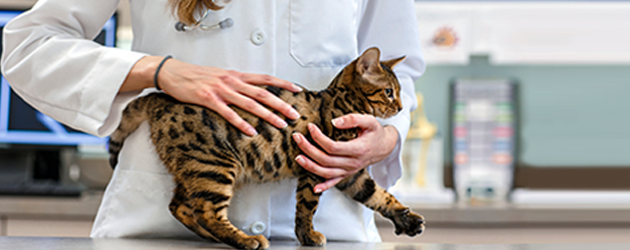
If your feline is vomiting blood, this is a possibly major medical condition that needs immediate medical attention. Since there are lots of possible causes for throwing up blood, your veterinarian can partner with you to recognize the source of the problem and suggest the suitable treatment plan.
How can I inform if my feline is throwing up blood?
In more obvious cases, a cat's vomit may be spotted with fresh red blood, suggesting it is from the stomach or upper part of the small intestine. If the blood is partially digested, from lower in the intestines, it will look more like coffee premises. Your cat might show signs of fatigue, absence of hunger and/or irregular stool, consisting of diarrhea. Blood in the stool might appear fresh if it is from the colon or dark and tarry or sticky if it is from the upper parts of the digestive tract or stomach, according to aetapet.com.
What should I do if my cat is vomiting blood or passing blood in the stool?
Again, this is a serious condition that needs instant veterinary care. The very best thing you can do for your cat is to call a vet as quickly as possible. Bleeding from the digestive tract or vomiting blood can be deadly, depending upon the rate of blood loss and the underlying cause. Serious blood loss from throwing up or diarrhea can cause major problems with the other organs and can eventually result in death.
What can the veterinarian do if my feline is vomiting blood?
Your veterinarian will take a careful history and might carry out a series of tests to figure out the intensity of the blood loss, your pet's ability to form blood clots typically and to identify the source of the bleeding. These tests might include a total blood cell count, internal organ function screen, fecal analysis, thickening profile, X-rays and other tests deemed suitable.
Read also: https://aetapet.com/cat-threw-blood-deal-vomiting-pink-liquid-felines/
Possible causes for bloody vomit in felines consist of:
- Chronic extreme throwing up
- Foreign bodies (including hairballs).
- Parasites (including heartworms).
- Underlying medical issues (including liver or kidney disease).
- Toxicity (certain plants and heavy metals such as lead or arsenic).
- Infection (bacterial or viral).
- Stomach ulcers, which can be brought on by medications, including non-steroidal anti-inflammatory drugs, steroids and aspirin.
- Clotting disorders (including rat toxin intake).
- Trauma, including consuming bones or other materials, which injure the gastrointestinal tract.
- Tumors of the stomach or esophagus.
When the underlying cause is established, then appropriate treatment will be suggested. Treatment may consist of helpful care with the administration of intravenous fluids, anti-vomiting/nausea medication, gastric protectants, antibiotics and/or the deworming of your cat.









